A global technology company asked us to explore how people look for information online using different search tools to improve their regulatory terminology.
Explore mental models of looking for information online

Our client wanted to understand people’s perceptions of different tools used for searching for information, including browsers, search engines, virtual assistants, and various online platforms. We investigated how people define these different tools, navigate through search queries, and perceive the search results presented to them. Our client also asked us to manage the same study in five other countries to measure any cultural or regional differences that may influence these.
We conducted 60-minute interviews, asking participants about their prior use and understanding of different search tools and how they define and categorize them. We also asked participants to walk through an example of searching online using a live product to further explore their perceptions in each stage of the search process. This included asking what goes on behind the scenes when using these tools, how they vary from each other, and how they use tools for searching different types of information.
We found that participants have mixed understandings of different search tools – some believe they are all separate. In contrast, others consider most of them part of the same product or process in looking for information online. We identified significant differences in how these findings emerged across the six markets. In addition, we found that virtual assistants and online platforms were almost always seen as separate tools compared to browsers and search engines. These findings varied considerably across the six markets, showing a notable cultural difference in how these tools are perceived.